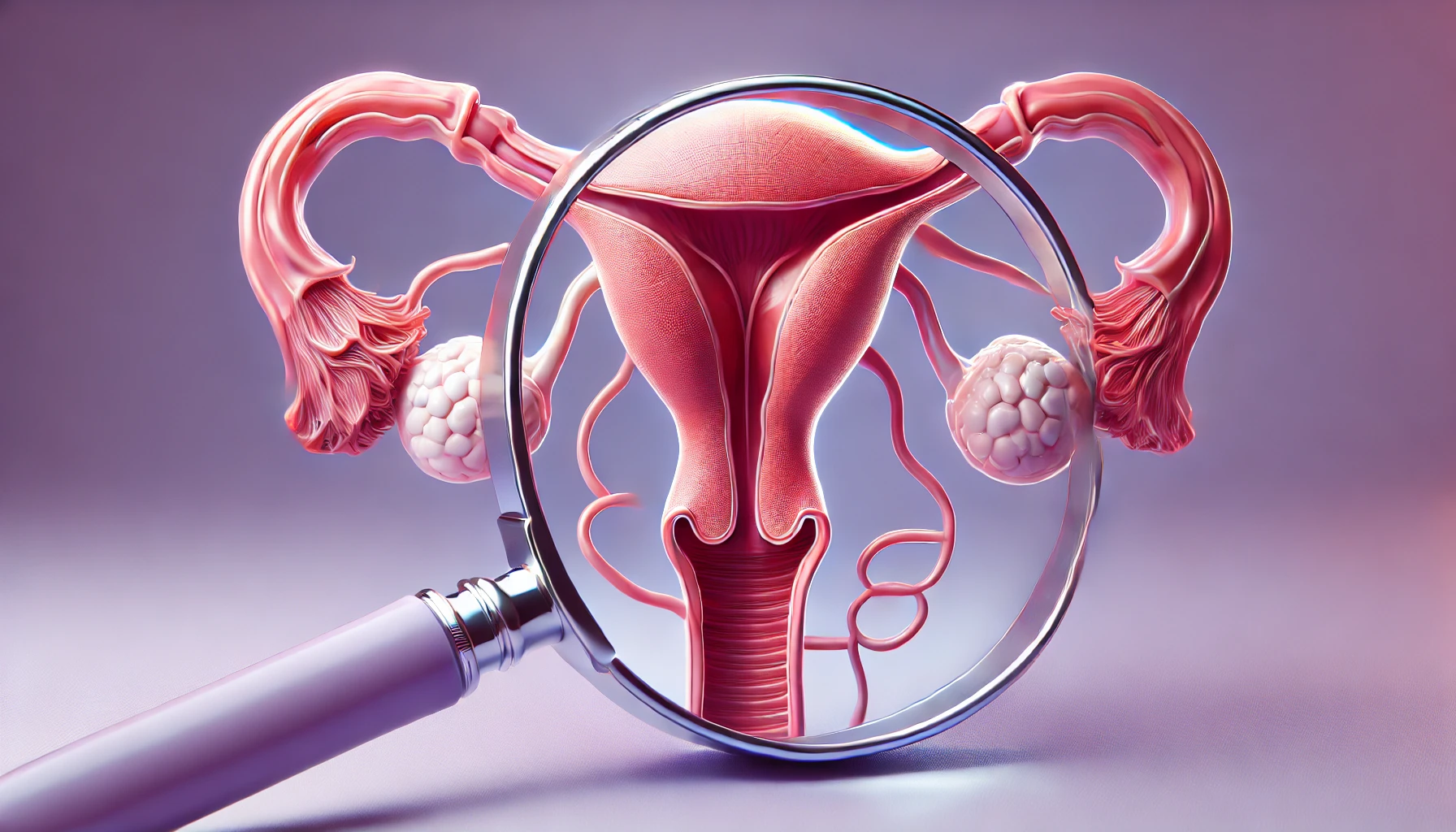This post was written with Consensus AI Academic Search Engine – please read our Disclaimer at the end of this article. An enlarged uterus can be a symptom of various underlying conditions, ranging from benign to more serious health issues. Understanding the causes of an enlarged uterus is crucial for accurate diagnosis and effective treatment. This article explores several potential causes of an enlarged uterus, including hormonal imbalances, medication effects, and pregnancy-related changes.
Hormonal Imbalances
Hormonal imbalances can significantly impact the size and function of the uterus. For instance, the use of glucocorticoids like dexamethasone has been shown to cause multiple changes in the histological features of the uterus. High doses of dexamethasone can lead to vacuolation, atrophy, thick epithelium, and enlarged cells, which collectively contribute to an enlarged uterus. These changes are dose-dependent and can exert anti-oestrogenic effects on the female reproductive system2.
Medication Effects
Certain medications can also lead to an enlarged uterus. Dexamethasone, a widely used glucocorticoid, has been found to cause significant alterations in the uterus. Histological observations in dexamethasone-treated groups revealed vacuolation, atrophy, thick epithelium, and enlarged cells. These changes were more pronounced with higher doses of the medication, indicating a dose-dependent relationship2.
Pregnancy-Related Changes
Pregnancy is another common cause of an enlarged uterus. During pregnancy, the uterus naturally expands to accommodate the growing fetus. However, complications such as early pregnancy loss can also affect uterine size. For example, the use of mifepristone followed by misoprostol for the medical management of early pregnancy loss has been shown to be more effective than misoprostol alone. This treatment approach can help manage the size and condition of the uterus more effectively, reducing the need for surgical interventions like uterine aspiration3.
Nutritional Factors
Maternal nutrition during pregnancy can also influence the size of the uterus. Nutritional deficiencies, particularly during late gestation, can impact the intra-uterine environment and fetal development. For instance, energy restriction in pregnant cows has been shown to affect the expression of genes related to muscle metabolism and immune response in their offspring. These changes can have lasting consequences on the size and function of the uterus1.
Conclusion
An enlarged uterus can result from various factors, including hormonal imbalances, medication effects, pregnancy-related changes, and nutritional deficiencies. Understanding these causes is essential for accurate diagnosis and effective treatment. By addressing the underlying issues, healthcare providers can better manage the condition and improve patient outcomes.
Disclaimer
The content presented in this blog is generated by Consensus, an AI-powered academic search engine, and is based on publicly available scientific literature. While every effort is made to provide accurate, up-to-date, and well-researched information, the content is intended for informational and educational purposes only. It does not constitute medical advice, diagnosis, or treatment. Always consult a qualified healthcare professional before making any decisions regarding medical conditions, treatments, or medications. The AI system’s analysis may not cover all perspectives, emerging research, or individual cases, and it is not a substitute for professional expertise. Neither the blog publisher nor the developers of the AI-powered search engine are responsible for any actions taken based on the information provided in this content. Use of this information is at your own risk. Citations to the original scientific studies are included for reference, but these studies should be reviewed in full and interpreted with the guidance of a healthcare or research professional.
If you are experiencing a medical emergency, please seek immediate attention from a healthcare provider.
